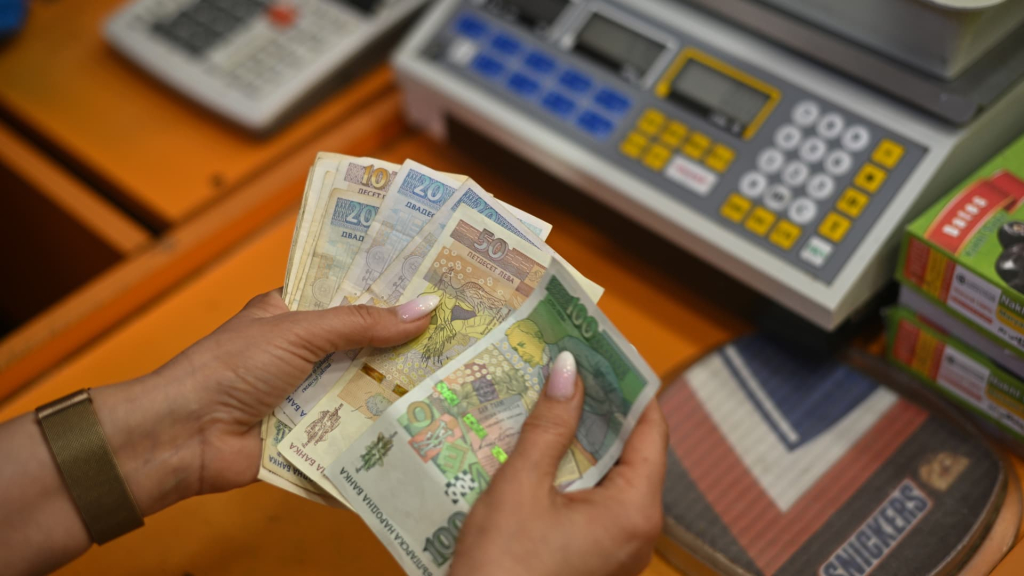Bulgaria has received official approval to enter the euro zone, potentially increasing the number of member states within the bloc from 20 to 21.
The European Commission and the European Central Bank confirmed that Bulgaria meets the necessary criteria to adopt the euro, with the change anticipated to take place starting next year.
“This positive assessment of convergence paves the way for Bulgaria to introduce the euro as of 1 January 2026 and become the 21st EU Member State to join the euro area,” stated Philip Lane, a member of the ECB Executive Board, in a press release.
The European Commission characterized its review as “a critical and historic step on Bulgaria’s journey towards euro adoption.”
European Commission President Ursula von der Leyen expressed her congratulations, highlighting that this decision would lead to increased investment and trade with euro area partners while providing greater stability and prosperity for the Bulgarian populace.
“Bulgaria will also take its rightful place in shaping euro area decisions,” she added in a social media post.
This development contrasts with last year’s assessments, which determined that Bulgaria had not met the convergence criteria necessary for euro adoption, citing high inflation rates as a primary concern.
Inflation has been a significant hurdle in the process, yet Bulgaria’s harmonized consumer price index was recorded at 2.8% in April, according to data from Eurostat.
Price stability represents just one of the multiple requirements that must be met for a country to gain membership in the euro zone, along with restrictions on government deficit and debt levels, average long-term interest rates, and currency exchange rate stability.
Additionally, there are legal stipulations concerning the independence of a country’s central bank.
Bulgaria became a member of the European Union in 2007, with a commitment to eventually adopt the euro and relinquish the Bulgarian Lev as its official currency. Currently, approximately 341 million people across the 20 euro zone countries utilize the euro, with the European Central Bank indicating that over 29 billion euro banknotes, valued at more than 1.5 trillion euros ($1.7 trillion), are in circulation.
The fixed exchange rate stands at 1 euro to 1.96 lev, a rate established when Bulgaria joined the board that manages currency stabilization.
Public sentiment regarding euro adoption in Bulgaria is mixed. A survey conducted by the EU last year found that 49% of respondents supported joining the euro zone. Political opinions are similarly divided; while several nationalist parties and the president oppose euro adoption, Prime Minister Rosen Zhelyazkov is in favor.
The European Commission has also announced a proposal for a council decision and regulation regarding Bulgaria’s progression toward euro adoption, although the final decision rests with the council of the EU.


























